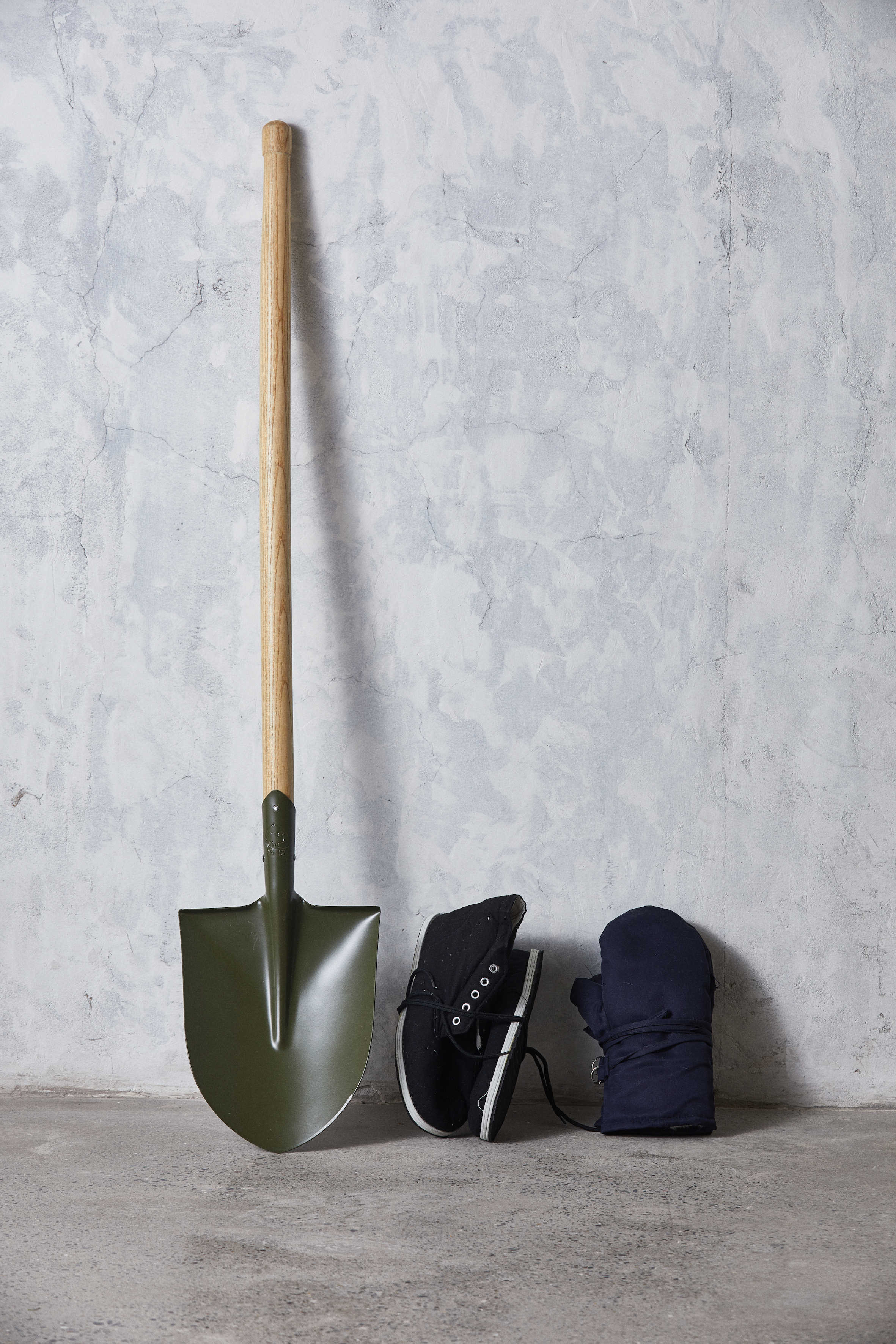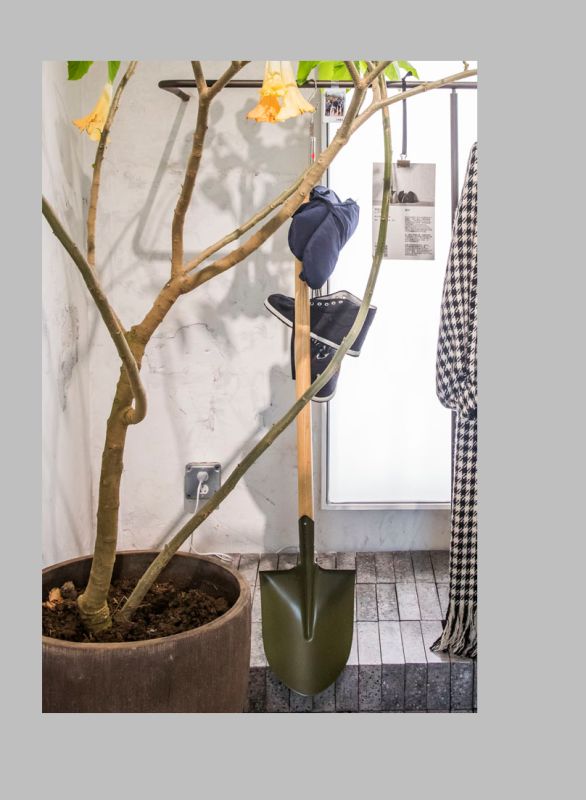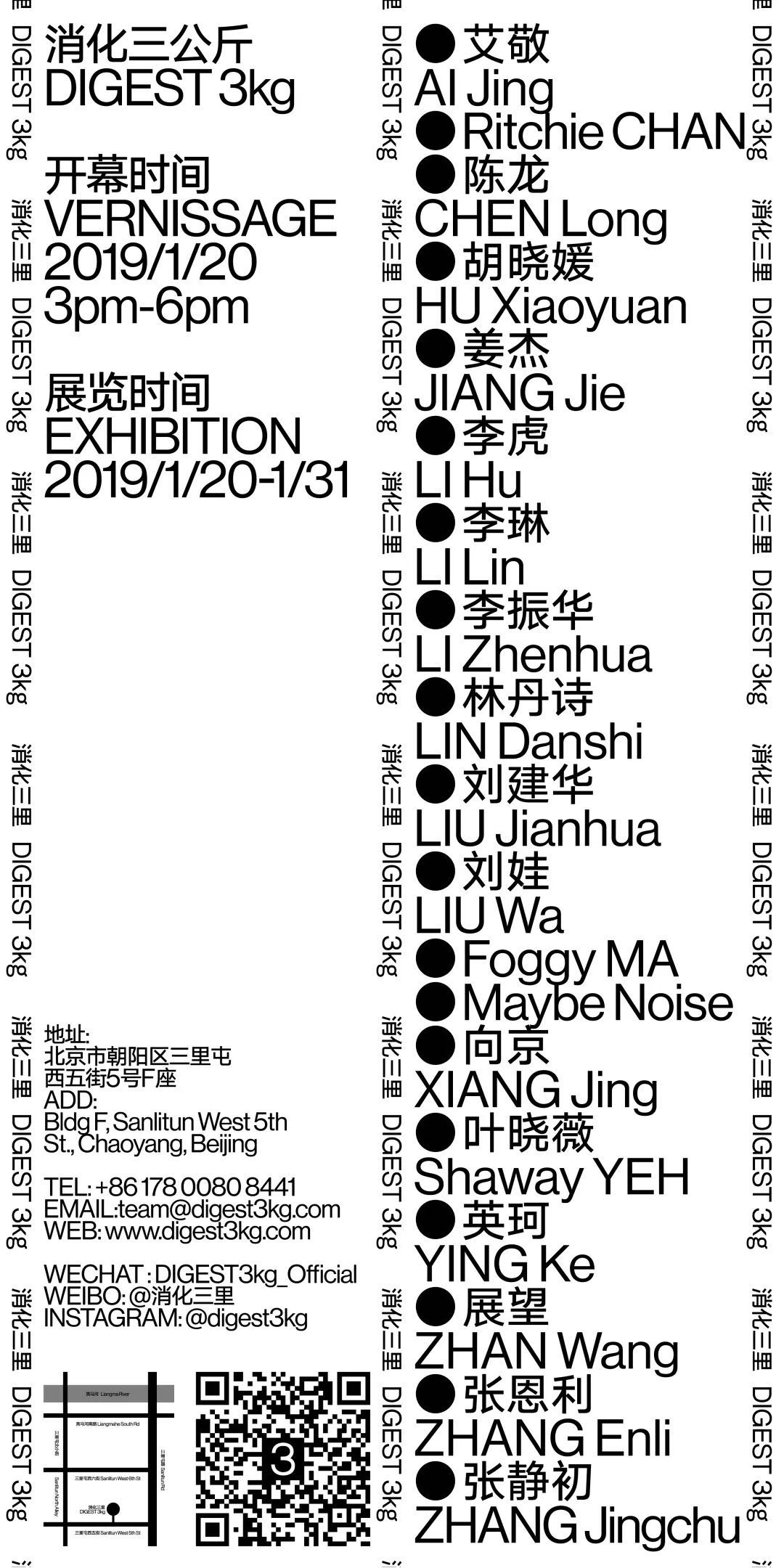




“现代社会取消了近代社会里象征权力的酷刑,实施了更加人道和隐蔽的规训 权力。这种微观权力无处不在,深入到日常生活的每一根毛细血管。”「规训与惩罚」(Discipline and Punish: The Birth of the Prison),福科(Paul-Michel Foucault 1926-1984),1975年首次印刷出版为法语,1977年被翻译成英文并出版。
我一直对工具感兴趣,拆解集成物,或拼装物件。另外就是对劳动感兴趣,工具和劳动分不开。而工具的样式,则可以被看作文化的一部分,并存在于历史事件中。
我通过淘宝购买的实物,来回应其物理重量和图像中的分量。一个历史事件是否已经淹没在时间中,而观者看到的,还应该有我童年记忆的形状、颜色,以及报纸和电视中出现的人物,那时的颜色不多,以红色、绿色和黑白为主。
*1983年 十三陵植树劳动 左起:胡耀邦、万里、邓小平
Modern societies have abolished public punishment, once a symbol for power, from the medieval period. Instead, it implements more humane and discrete disciplinary measures. These subtle embodiments of power are ubiquitous and have penetrated into every detail of our daily lives. Discipline and Punish: The Birth of the Prison, by Paul-Michel Foucault (1926-1984), was first printed in 1975 in French, and its English translation was published in 1977.
I've always been interested in tools, dismembering them and reassemble them again, or into other kinds of object. In addition, I am also interested in labor. Tools are inseparable to labor. The shapes and forms of the tools can be considered as part of the culture that exists in historical events.
I use objects that I have purchased on Taobao.com to respond to their physical and pictorial weight. Can a historical event be drowned through time? What the viewer perceives should nevertheless embody the shapes, colors and the figures that once appeared on newspapers and televisions in my childhood memories, as few colors as there once were, they were mostly red, green, and monochrome.
